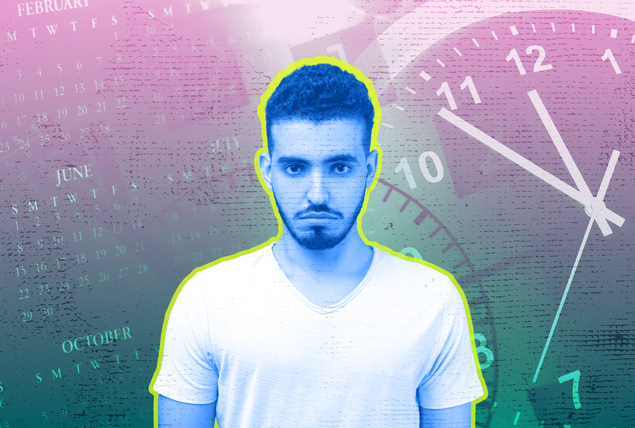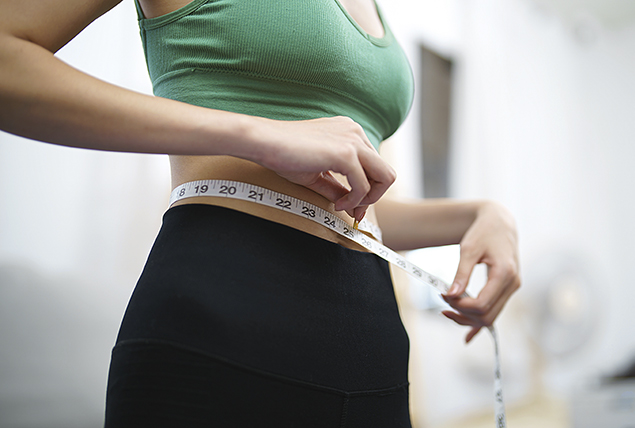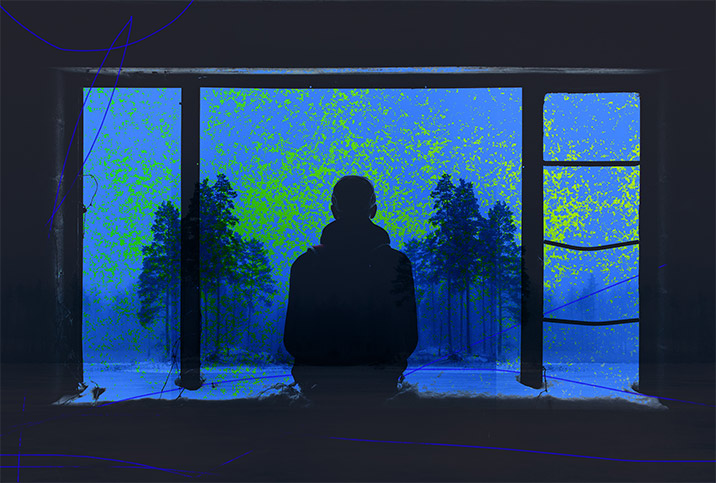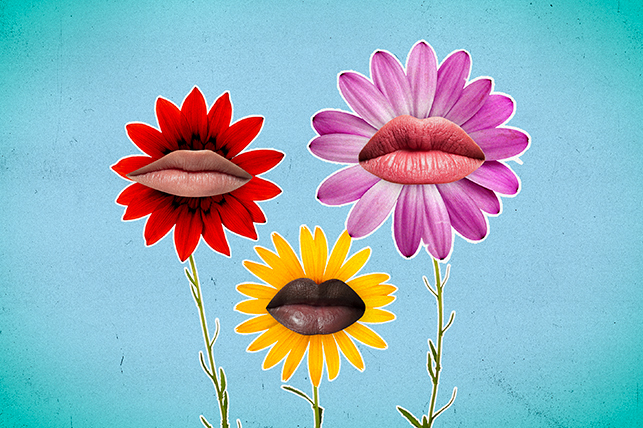Is Time of Day or Season the Reason Your Mood Is in a Funk?

If you have the blues for no reason, how often do you blame the weather? You're feeling melancholy? Well, take a look out the window. It's cold, rainy and gloomy. On those dark days when the clouds seem to join together to make the world gray and sad, you might be down in the dumps and crave sunshine.
And all of that is true. Weather can be a downer. Just check out how good you feel when the sun is shining.
Did you know that the time of day and the season are two lesser-known factors that also influence how you feel? Both can significantly impact your mental health, physical well-being and even your libido.
How does the time of day affect you?
Many people feel most alert and productive in the morning, but if you struggle with anxiety or depression, you may discover mornings are difficult.
Why is morning the best for many people? Because cortisol, a stress hormone, is at its highest level in the morning. As the day progresses, cortisol tends to decrease, which can lead to a dip in energy. For others, the evening is a time to relax. But if you struggle with insomnia, the evening can be a challenging time.
'Testosterone levels in men tend to rise first thing in the morning, along with an erection.'
The issue, according to Sally Turner, a journalist and broadcaster in East Sussex, England, and the host of the podcast "Women4Real: Getting Real About Women's Sexual Health," is that libido can be affected by many factors, including:
- Hormonal changes
- General health
- Mood
- Fatigue
- Relationship ups and downs
"So any effect relating to the seasons and time of day will also be influenced by these other factors," Turner said. "It's well known that testosterone levels in men tend to rise first thing in the morning, along with an erection. Women's testosterone levels tend to increase slightly throughout the day, so they may feel more sexual desire later in the day or evening.
"For women, it's less about what time of day and more about what's going on emotionally and psychologically in that moment."
'Women's testosterone levels tend to increase slightly throughout the day, so they may feel more sexual desire later in the day or evening.'
Some studies suggest hormone levels and seasonal changes could play a role in sexual desire, according to Amber Brown, the director of education and training at Planned Parenthood in Reading, Pennsylvania.
"This may be related to factors such as increased exposure to sunlight and vitamin D, which can boost mood and energy levels, as well as the psychological effects of warm weather and longer days," she said. "However, it's important to remember that this is not a guarantee, and everyone's experience may vary."
As the seasons change
With longer days and warmer weather, spring is often seen as a time for renewal and new beginnings.
"Whether we like it or not, as beings on this earth, we rely on sunlight for energy and function," said Suzie Devine, the founder of Philadelphia-based women's health company Binto. "Do you ever notice you feel less inspired or energetic on a rainy day? It's a day where you just want to snuggle on the couch, watch TV and snack.
"The lack of sunlight can disrupt the body's natural circadian rhythms, leading to symptoms such as low mood, fatigue and changes in appetite. On the other hand, during the long days of summer, increased sunlight exposure can have a positive impact on mental health, as it can help regulate mood, improve sleep and boost overall well-being."
Contradictorily, some people don't have a sunny disposition when the temperature heats up. This shift in weather can also trigger seasonal affective disorder (SAD).
'Most people would probably say their sex drives increase in the summer months and decline in the winter.'
Many people associate summer with fun and relaxation, but the season can actually be stressful and overwhelming with vacations, family gatherings and other events.
"Seasonal affective disorder (SAD) is included in the DSM-5 (Diagnostic and Statistical Manual of Mental Disorders, Fifth Edition) as a major depressive disorder 'with seasonal pattern' as a specifier. So the American Psychiatric Association recognizes it as a legitimate thing," said Dennis Abry, Ph.D., a psychology instructor at Scottsdale Community College, in Scottsdale, Arizona.
But when it comes to libido, the warmer weather can produce an uptick in desire.
"Most people would probably say their sex drives increase in the summer months and decline in the winter," Turner said. "Summer sun, wearing fewer clothes and a decrease in stress during the vacation season can all add to the good vibes."
As the weather cools and the days become shorter in the fall, many people experience an additional shift in mood. With its cold and dark days, winter can be a particularly challenging season for mental health as SAD can also affect people during the winter months, with symptoms such as sadness, fatigue and social withdrawal.
"Its symptoms align with the typical symptoms of depression, such as low energy, difficulty sleeping and losing interest in the things that once brought happiness or fulfillment," said women's health specialist Kevin Alten, M.D., in Cambridge, Ohio. "Like depression, SAD can present in women as decreased libido."
The time of day and seasons can impact our mental health, physical well-being and libido. It's important to be aware of these factors and take steps to manage them, such as getting enough natural light, maintaining a regular sleep schedule and staying hydrated during the summer months.
By being aware of these factors and mitigating any negative impacts, you can support your mental well-being throughout the year.




















